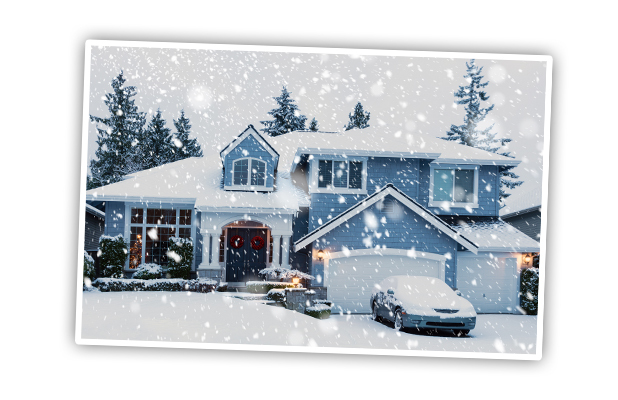• Stock up on emergency essentials ahead of winter storms. This includes extra blankets, batteries, power banks, and car chargers for cellphones, flashlights, matches, drinking water, and non-perishable food.
• Consider purchasing a generator as a backup power source for your home. Have your generator installed by a professional in an area that allows for proper ventilation.
• Confirm your smoke and carbon monoxide detectors are battery operated and test to confirm they’re working.
• Fill your vehicle’s gas tank before a storm. Avoid travel during and after a storm unless absolutely necessary.
• Be sure your wood and pellet stoves are clean and ready for supplemental use during an outage.
• If you lose power, contain your home’s heat by keeping exterior doors and windows closed and sealing any drafts.
• If pipes are located in cupboards, keep the cupboard doors open until power has been restored to help prevent freezing.
• If you need to utilize candles for light during a power outage, do not leave candles unattended or within reach of children and pets.
• Limit opening your fridge and utilize bags of snow and ice to keep food cold if necessary.
• Do not utilize open flame appliances such as a gas oven or portable grill to produce heat inside your home. These appliances produce toxic fumes including carbon monoxide and are combustible without proper ventilation.
• If you experience an ice storm, survey the exterior of your home for any branches or trees prone to fall on your home. Use extreme caution around electrical wires and report any downed wires to your utility company.